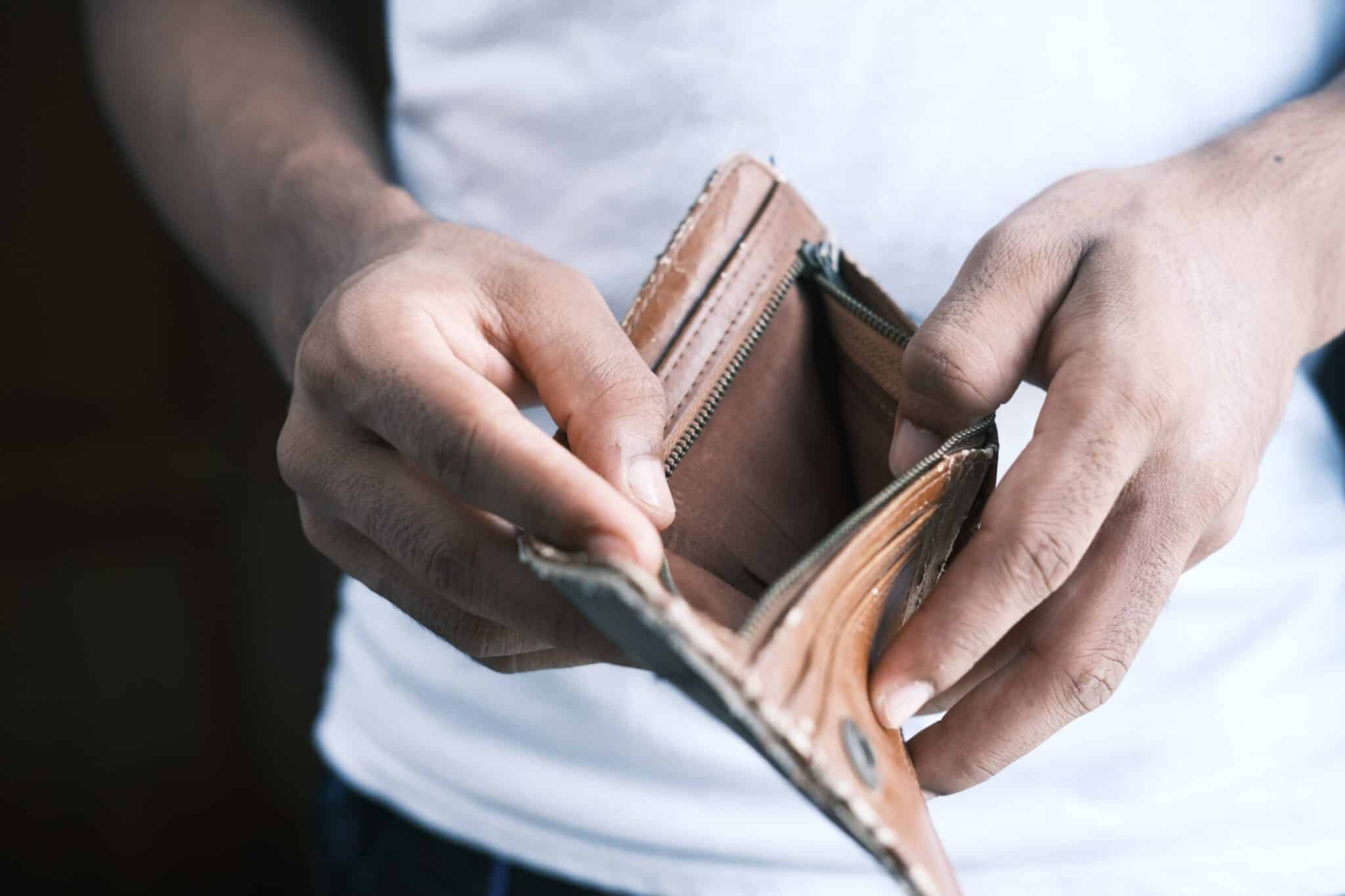
A debt relief order, or debt settlement order, is a UK government debt solution that can help people with debt problems. The order freezes all of your debts and gives you time to pay them off. This can be a good option if you're struggling to make payments on your debts.
In this post, debt experts Carrington Dean delve into how entering a DRO can affect your life. Alongside helping hundreds get their finances back on track, Carrington Dean provide free tips and advice on everything from dealing with sheriff officers to car finance and debt relief orders.

Photo by Towfiqu barbhuiya on Unsplash
What is a Debt Relief Order
A debt relief order, or DRO, is a debt solution that can be used by those who have very little income and owe less than £30,000. This type of debt solution is available only to those living in England, Wales, or Northern Ireland, and is an alternative for those who are unable to qualify for an Individual Voluntary Arrangement, or IVA, due to their debt level or affordability. For Scottish residents, a similar solution known as a MAP is available.
A DRO helps people deal with debts that they are unable to repay within a reasonable period of time. If you are considering a DRO, it is important to understand the eligibility requirements and the impacts of this debt solution before making a decision.
What Debts Are Included In a DRO
There are strict eligibility criteria that must be met in order for a DRO to be granted, and there are also certain debts that are not eligible for inclusion in a DRO. In general, unsecured debts that are eligible for a DRO include: credit cards, personal loans, store cards, utility bills, council tax arrears, catalogue debt, and rent arrears.
Debts that are not typically included in a DRO are: secured debts (e.g. mortgage or car loan), student loan debt, court fines, child support payments, and debt owed to HMRC (e.g. income tax or VAT).
How Will a DRO Affect My Life
Employment:
If you are employed, a DRO will not affect your job. You will still be able to work and earn money, but your employer will not be able to deduct money from your wages to pay your debts. In addition, if you are self-employed, a DRO will not stop you from working, but it may make it harder for you to get new contracts or customers as your name will be on the public register of debtors.
However, if you are unemployed, a DRO can give you some breathing space to get back on your feet and start looking for work without the worry of debt hanging over your head.
Bank Accounts:
Your bank accounts will not be frozen when a DRO is granted, but you may find it difficult to open new accounts or obtain credit. This is because your name will appear on the public register of debtors, which is accessible by financial institutions.
While a DRO is in place, you will not be able to obtain any new credit, including loans, credit cards, and store cards. In addition, you may find it difficult to rent a property or get mobile phone contracts as landlords and mobile phone companies often check the public register of debtors when considering applications.
It is important to note that even if you are unable to open new accounts or get credit, you will still be able to use any existing accounts and credit lines that you have.
Living Expenses:
If you are struggling to make ends meet, a DRO can give you some relief from debt repayments and help you free up money for essential living expenses. However, it is important to remember that a DRO is not a magic solution and will not erase your debt.
In addition, while a DRO is in place, you will still be responsible for making payments on any debts that are not included in the order, which may reduce the amount of money available for living expenses. For example, if you have a mortgage or car loan, you will still need to make your monthly payments on time.
Credit Rating:
Your credit rating will be impacted when a DRO is granted, as your name will appear on the public register of debtors. This will make it difficult to obtain credit in the future, although it is worth noting that debt relief orders are only recorded on your credit file for six years.
Once a DRO has been granted, you will be debt-free, but your name will remain on the public register of debtors for 15 years.
A debt relief order can be a helpful debt solution if you are struggling to repay your debts, but it is important to understand the eligibility requirements and the impacts of this debt solution before making a decision. If you are considering a DRO, speak to a debt advisor to get expert advice on your situation.


















Leave a Reply